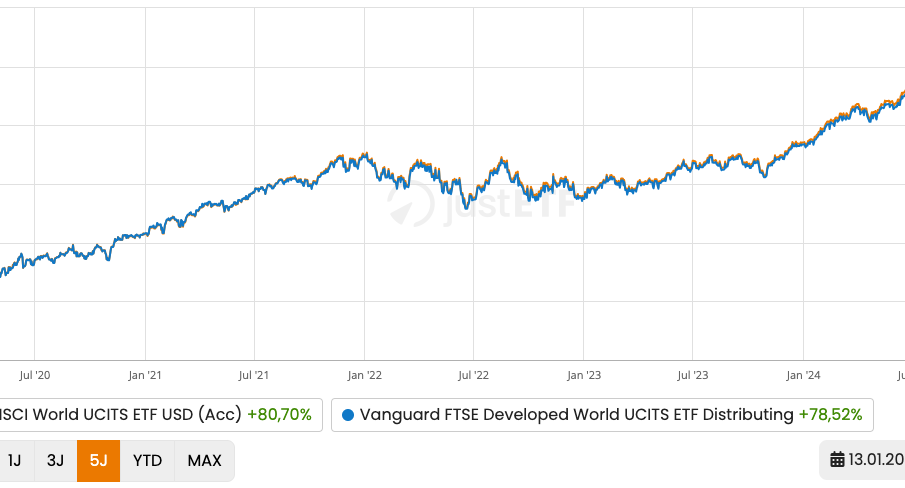Understanding the FTSE: A Key Indicator of UK Market Performance

Introduction
The FTSE, or Financial Times Stock Exchange, represents one of the most significant stock indices in the United Kingdom and a crucial barometer of market performance. Established in 1984, the FTSE 100 Index comprises the 100 largest companies listed on the London Stock Exchange (LSE) based on market capitalisation. The performance of the FTSE is vital not only for investors but also for policymakers, economists, and the general public, as it reflects the health of the UK economy.
Current Market Trends and Performance
As of October 2023, the FTSE 100 has witnessed fluctuations attributed to various global economic factors, including interest rate adjustments, geopolitical tensions, and inflation rates. Recently, the index has shown resilience despite the ongoing challenges within the global market. Analysts noted that the FTSE 100 has rebounded to prior levels, boosted by strong earnings reports from key sectors such as energy, consumer goods, and financial services.
Key Players and Influences
Major players within the index include corporations such as BP, Shell, and AstraZeneca, which significantly influence the FTSE’s movements. These companies are not only pivotal in their respective sectors but also contribute to employment and economic stability in the UK. For example, BP and Shell, with their substantial revenues, have helped stabilize the index amid volatility in oil prices.
Global Relevance of the FTSE
The FTSE serves as a reference point for international investors looking to evaluate UK market potential. Its performance can impact investment decisions worldwide, especially given the United Kingdom’s role as a significant player in global economics and finance. With the ongoing shifts in trade policies and international relations, the FTSE’s trends are closely monitored by global market analysts.
Conclusion and Future Outlook
Looking ahead, analysts predict that the FTSE will continue to be influenced by both domestic and international economic developments. The Bank of England’s ongoing policy decisions concerning interest rates, combined with external pressures from global markets, will likely shape its trajectory in the months to come. For investors, staying informed about FTSE movements is essential, as these trends can provide insight into broader economic conditions and assist in making informed investment choices. The FTSE remains an indispensable component of the UK financial landscape, serving as a vital indicator of the economic pulse of the nation.









